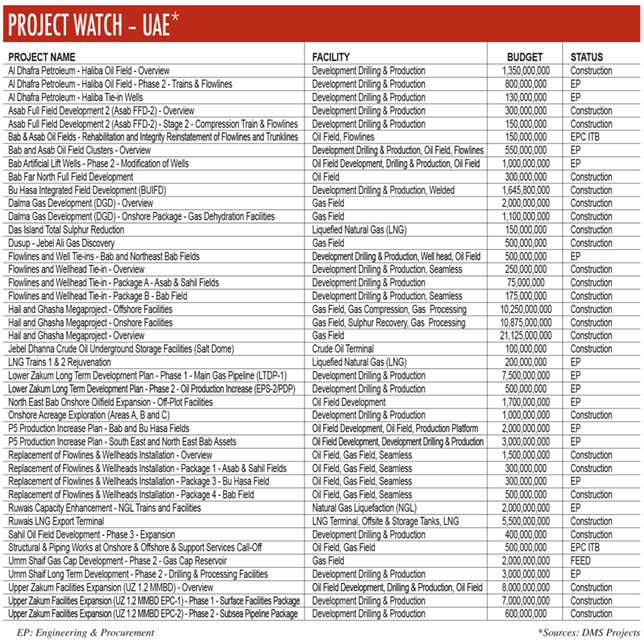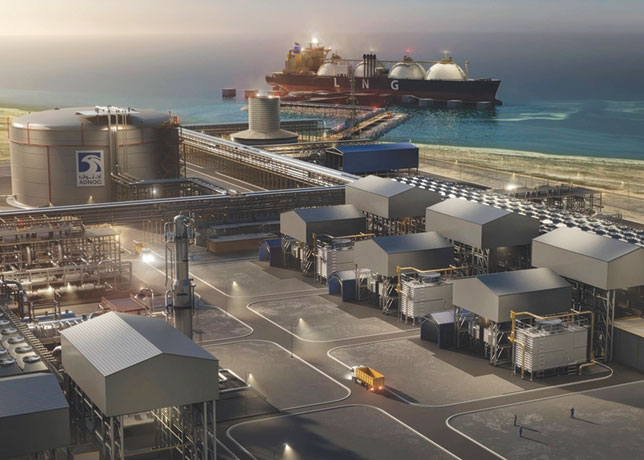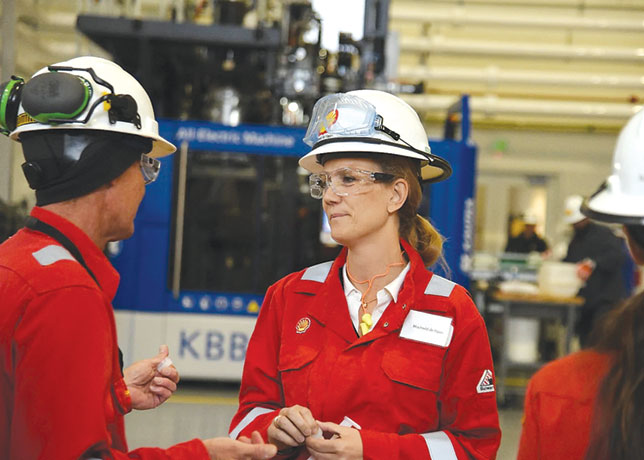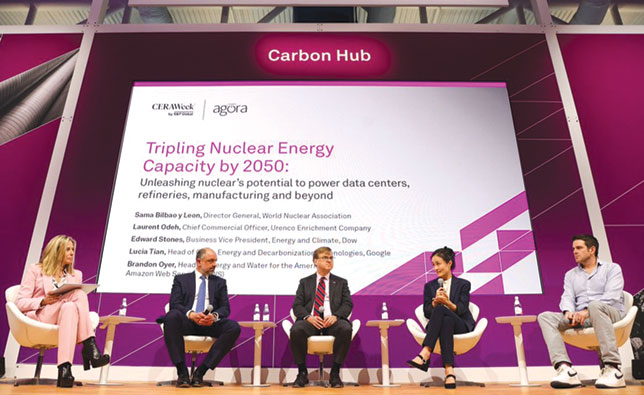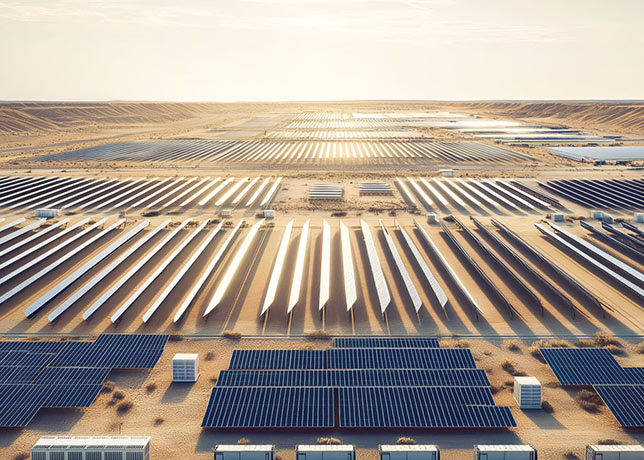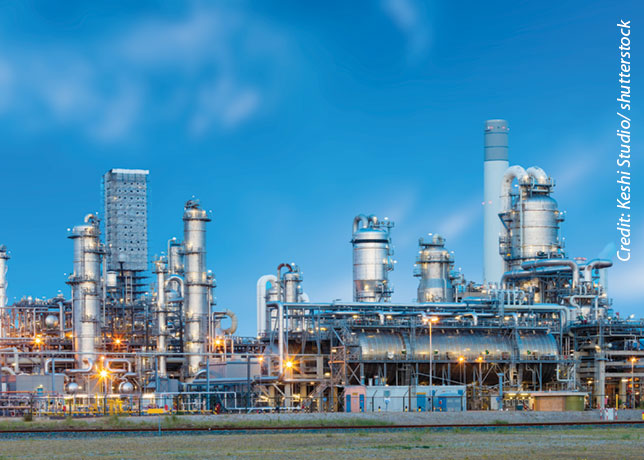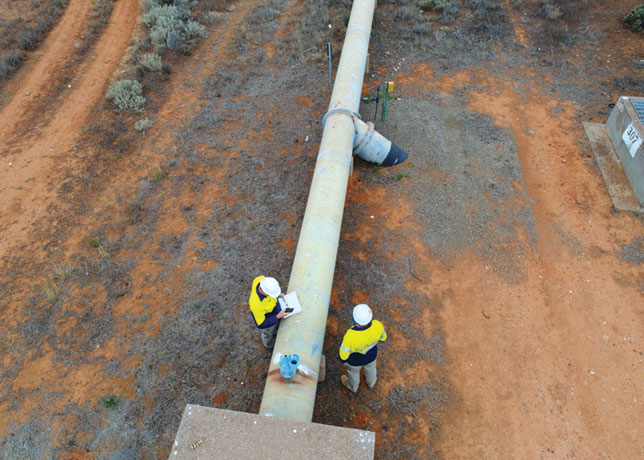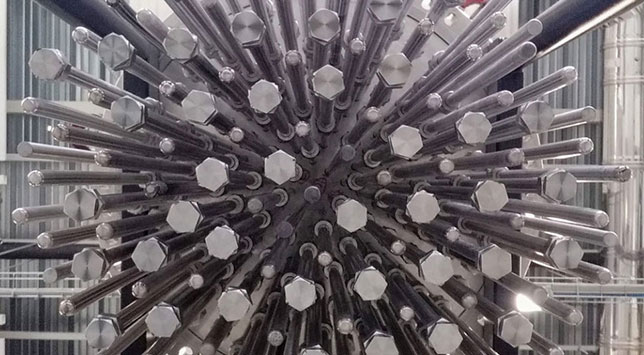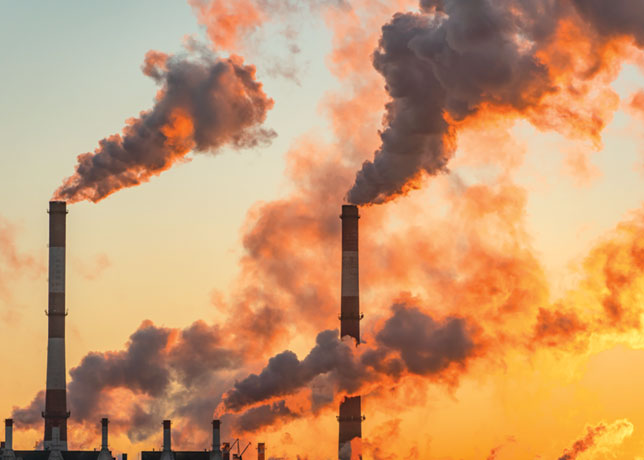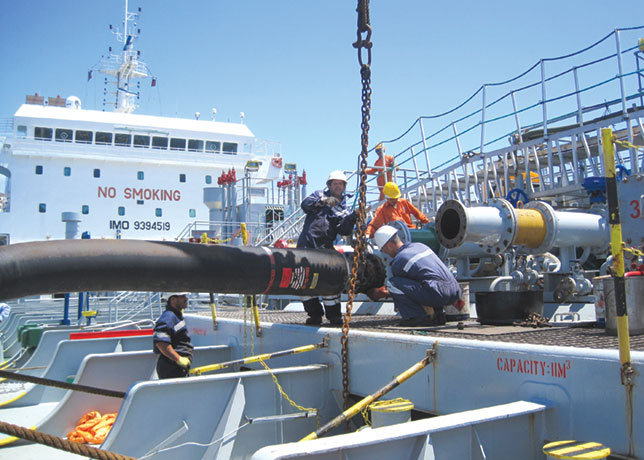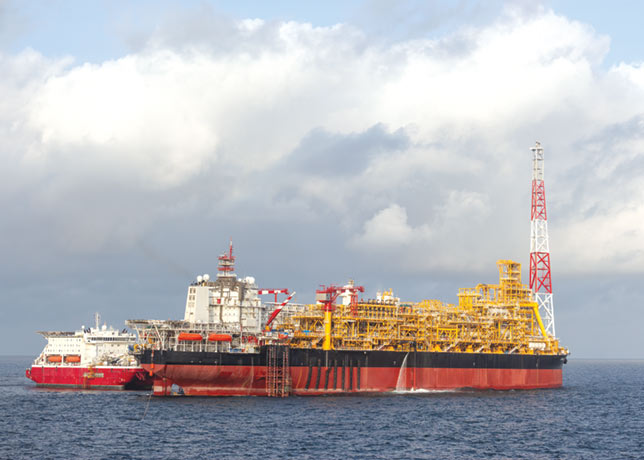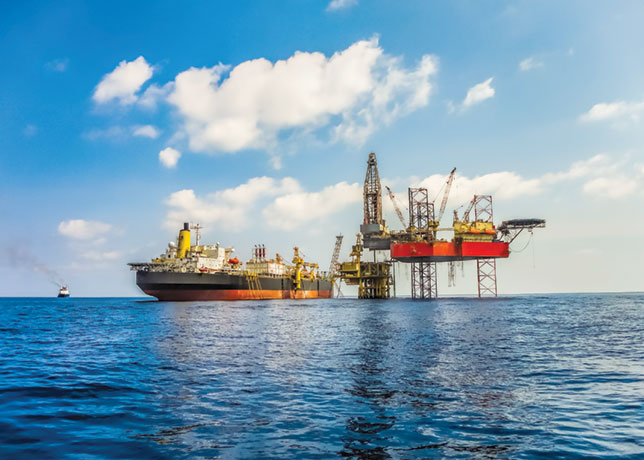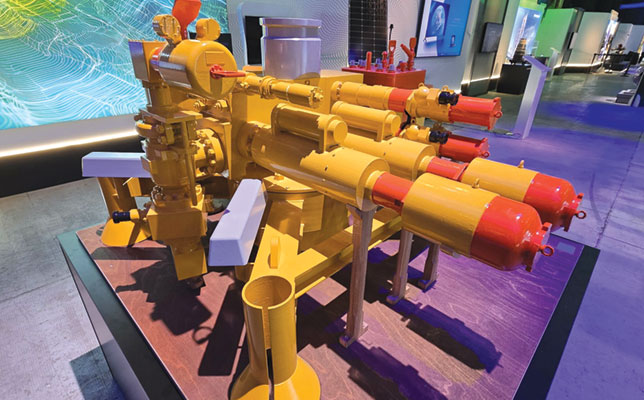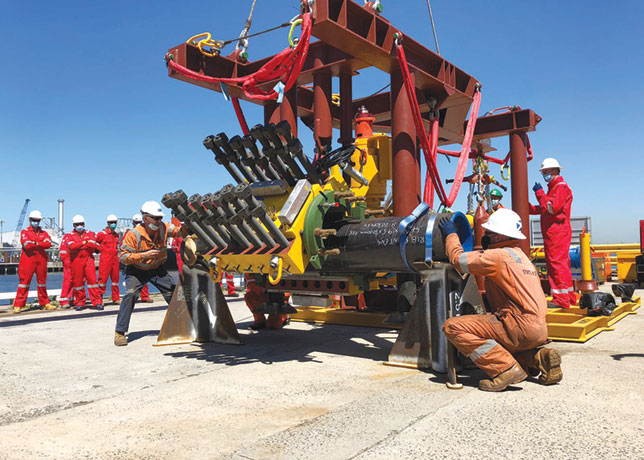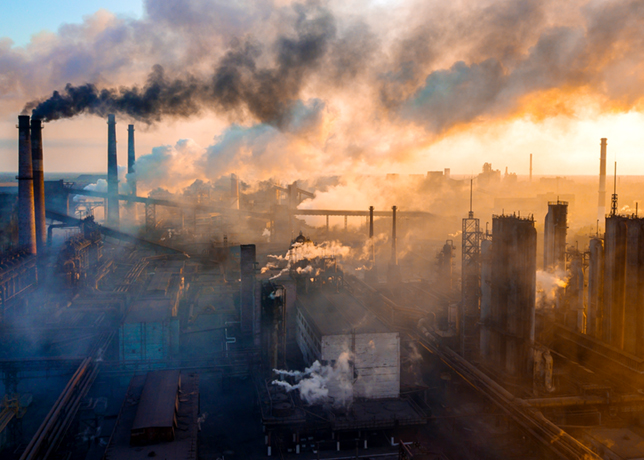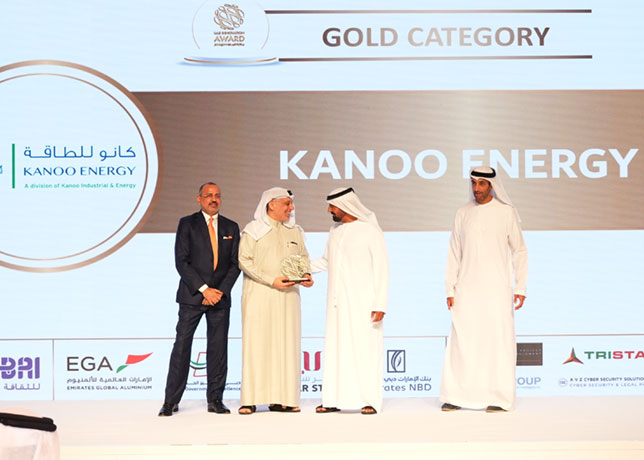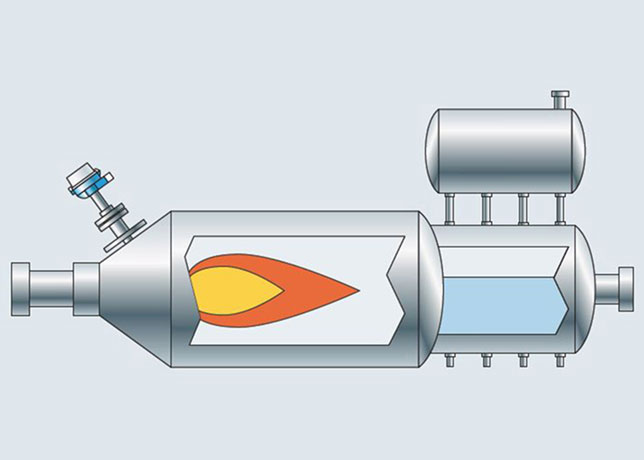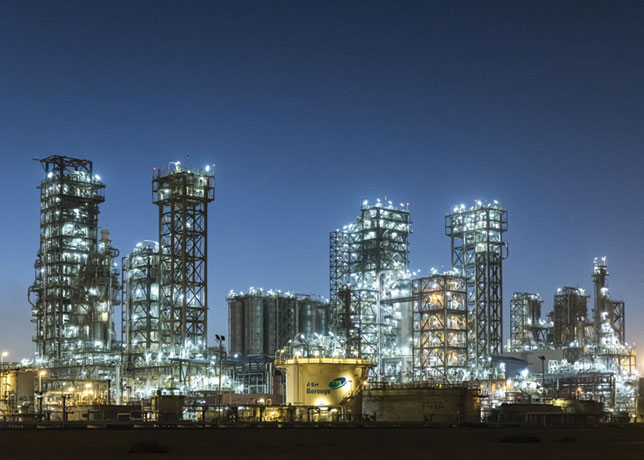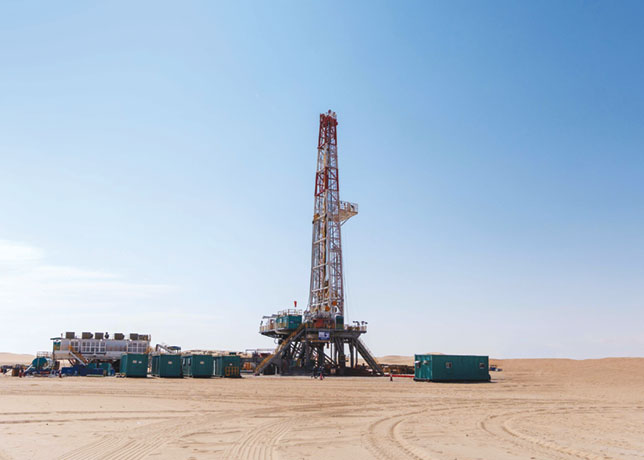
 US refiners struggling to refine heavy crude oil
US refiners struggling to refine heavy crude oil
Oil consuming countries, and especially the United States, are struggling to refine heavy crude oil as lighter crudes become rarer, driving global oil prices higher.
Supply of light, sweet crude oil, prized by refiners for its low density and lower sulphur content, is becoming stretched.
The little crude oil that is available is increasingly heavy sour crude that is more costly to refine.
Big oil producers and the International Energy Agency (IEA) , which looks after the interests of energy consuming nations, agree that the global oil supply chain is growing taut in large part due to the lack of refining capacity for abundunt high sulphur-content crude.
Earlier this month, Saudi Oil Minister Ali Al Naimi insisted that there was no shortage of oil but said there were not enough refineries that can handle the crude that was available.
“We have 500,000 barrels a day extra capacity and we are ready to produce now but there are no buyers,” he said.
“There’s a difference between sour and sweet crude and what’s on offer now is the light sour crude,” Naimi said.
“There’s no adequate conversion refineries in the world. Consuming nations need to build sufficient sophisticated refineries to be able to handle sour crude.”
The IEA, which was set up in 1974 by consumer nations after the first oil shock, voiced similar concerns in its monthly oil market report for October.
It warned that there was a “mismatch” between the oil that can be produced cheaply and what refiners can process.
“The net effect is that light sweet crude is in short supply, and prices for these grades are rising, while sour crude availability is increasing, and these prices are lagging,” the IEA said.
The Paris-based organisation also predicted that prices for the prized light sweet crude would remain high for some time.
“As a consequence of surging demand and the structural imbalance between supply and refining logistics, light sweet crude oil prices are, and will continue to be, supported by a tight product-driven market,” the IEA said.
The organisation warned that investment to increase refining capacity was critical to be able to process the oil producers were providing.
“Simply put, it is not enough to increase upstream spare production capacity without a corresponding increase in the downstream,” the IEA said.



